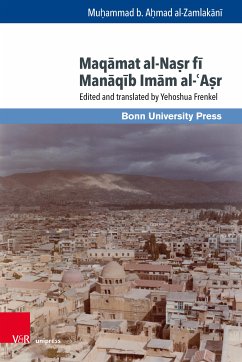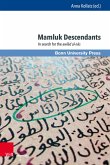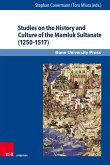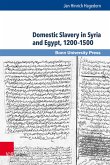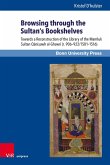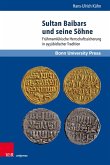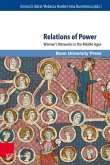A unique Mamlūk manuscript tells the story of a Damascene jurist. Ibn al-Zamlakānī's story revolves around a dramatic episode in the life of his master, the great judge Tāj al-Dīn al-Subkī, who is the central figure (hero) of the tale. The composer justly names his document maqāmah. In rhyming prose, it narrates several episodes. Transmitted by a narrator (or at least his voice), who distances himself from the event, it is a story about an escape from hardship of a hero who is supported by good characters and face some evil enemies. Yet, it is not a biography, but a dramatic plot that transmits a moral lesson. The maqāmah illuminates the relations between the Mamlūk ruling military aristocracy and the religious establishment, as well as the competition that divided the Damascene urban elite.
